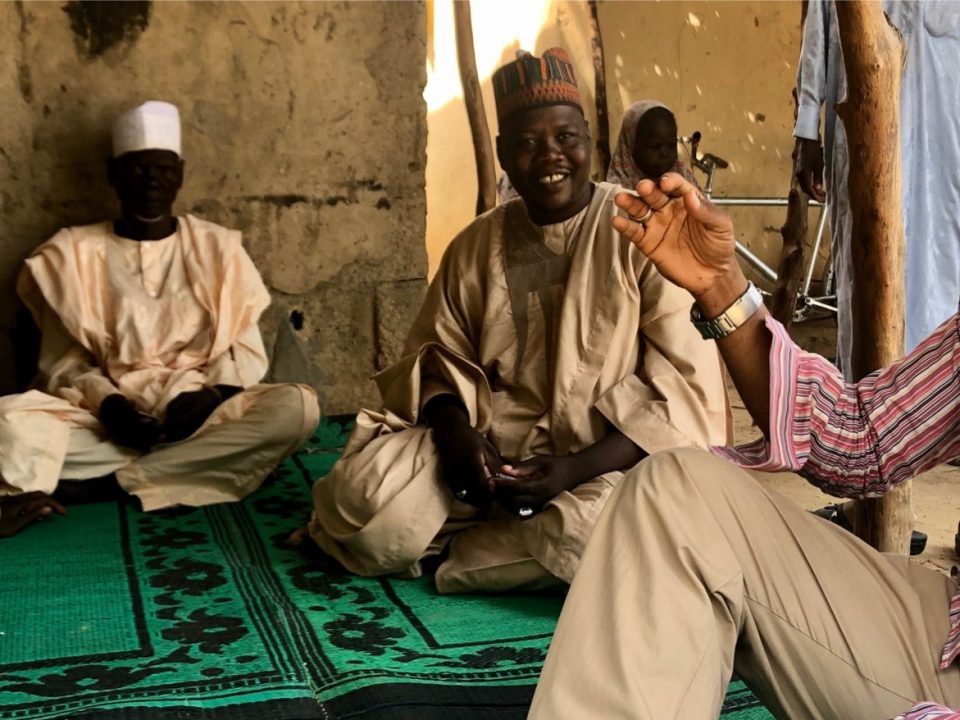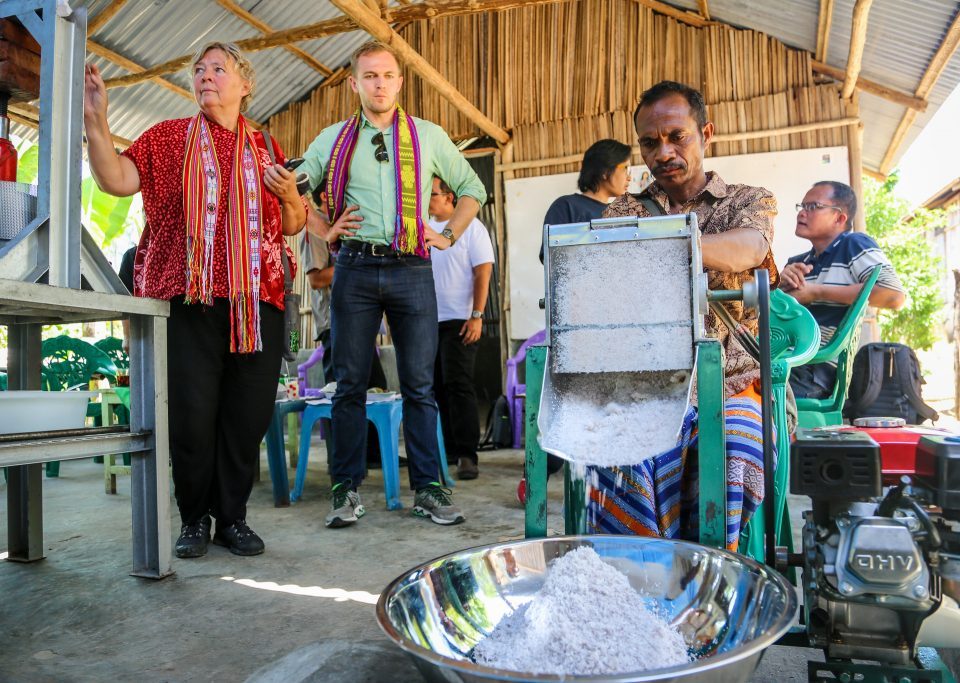- Filter by
- Categories
- Tags
- Authors
- Show all
- All
- academia
- accountability
- adaptation
- afghanistan
- aid
- aid effectiveness
- architecture
- Argentina
- asylum-seeker
- budget
- bureaucracy
- business
- capacity sharing
- child protection
- children's rights
- citizen engagement
- citizen participation
- citizen voice
- climate c
- climate change
- colombia
- community
- community development
- comparative development
- conflict
- cooperation
- COP21
- COP26
- corporations
- Covid-19
- data
- decision-making
- decolonisation
- Democratic Republic of Congo
- developing countries
- development
- development co-operation
- development effectiveness
- development finance
- dialogue
- disaster preparedness
- disaster response
- domestic resource mobilisation
- donors
- DRC
- economic empowerment
- emergency preparedness
- employment
- entrepreneurship
- equality
- espanol
- EU
- evaluation
- feedback loops
- feminism
- français
- gender
- gender equality
- gender-based violence
- global development
- gpedc
- grand bargain
- Haiti
- health
- homeless
- housing
- human rights
- humanitarian aid
- humanitarian effectiveness
- ICT4D
- inclusion
- indirect cost recovery
- inequality
- information
- INGOs
- innovation
- integration
- international cooperation
- international humanitarian law
- jobs
- Kenya
- knowledge
- language
- least
- least developed countries
- LGBTI
- local aid workers
- local development
- local NGOs
- localisation
- men
- mental health
- mexico
- migrants
- migration
- mining
- minorities
- mirps
- multinationals
- natural disasters
- negotiations
- NGOs
- Nigeria
- Northern
- ODA
- OECD
- ownership
- Pacific
- participation
- participatory methods
- partnerships
- peace
- perceptions
- perceptual data
- perspectives
- philanthropy
- Philippines
- policy
- policymaking
- politics
- poverty
- power
- protection
- racism
- RDC
- refugees
- representation
- Republique Democratique du Congo
- resilience
- responsiveness
- rights
- sexual abuse
- sexual harassment
- social accountability
- social justice
- solidarity
- South-South cooperation
- Southern
- southern voices
- statistics
- sustainable development
- sustainable tourism
- Syria
- Tanzania
- tax
- time
- transparency
- Uganda
- Ukraine
- UN
- united nations
- Vietnam
- water and sanitation
- women
- women's rights
- world food day
- world humanitarian summit
- youth
December 11, 2020
Published by Farida Tchaitchian Bena at December 11, 2020
Categories
I’m a big fan of my colleague Wale Osofisan, who works as Senior Director of the Governance Unit at the International Rescue Committee (IRC). Recently, we have started collaborating more often on global advocacy priorities and that’s given me the excuse to ask him a number of questions about his background and his vision for international cooperation in the years ahead.
October 7, 2020
Published by Wairu Kinyori at October 7, 2020
Categories
KILIZA turns five! I cannot think of a better way to mark this moment than to publish an article by a former colleague I particularly admire, Wairu Kinyori. Based in Nairobi, Wairu talks about one of the most challenging choices she’s had to make in her life: taking a break from her highly successful career to raise her children. The freedom to choose this path is for Wairu a more authentic expression of feminism than trying to have it all, all the time.
September 10, 2020
Published by Farida Tchaitchian Bena at September 10, 2020
Categories
Before Covid-19, before Black Lives Matter, the aid and development sector was already grappling with massive challenges – the ‘Aid too’ movement, the full-on attack on multilateralism, the toxic narrative against refugees, just to name a few. Yet, there was little questioning where to turn for solutions. The sector has responded to those challenges with a flurry of initiatives based on ‘best practices’ and widely accepted knowledge. Stricter measures have been introduced for higher protection from sexual exploitation and abuse in country programmes. In some cases, policymakers have started listening more to the voices of affected populations; in other cases, they have allowed for refugees’ participation in key policy discussions. Yet, the reforms enacted so far are still fundamentally grounded in traditional Western/Northern notions of what is best for ‘developing’ countries and their people.
October 26, 2019
Published by Farida Tchaitchian Bena at October 26, 2019
Categories
Having worked on global development issues for over two decades, I should know who is an expert in my sector by now. I have many lists of experts on file and can’t help noticing a recurring trend: it’s usually people from a Northern/Western background, with endless degrees and credentials, most of them English-speaking. All of which begs the question: are these traits supposed to be the qualifications of the ultimate expert in my field? What if there’s a whole world of ‘expertise’ that we simply don’t consider?




